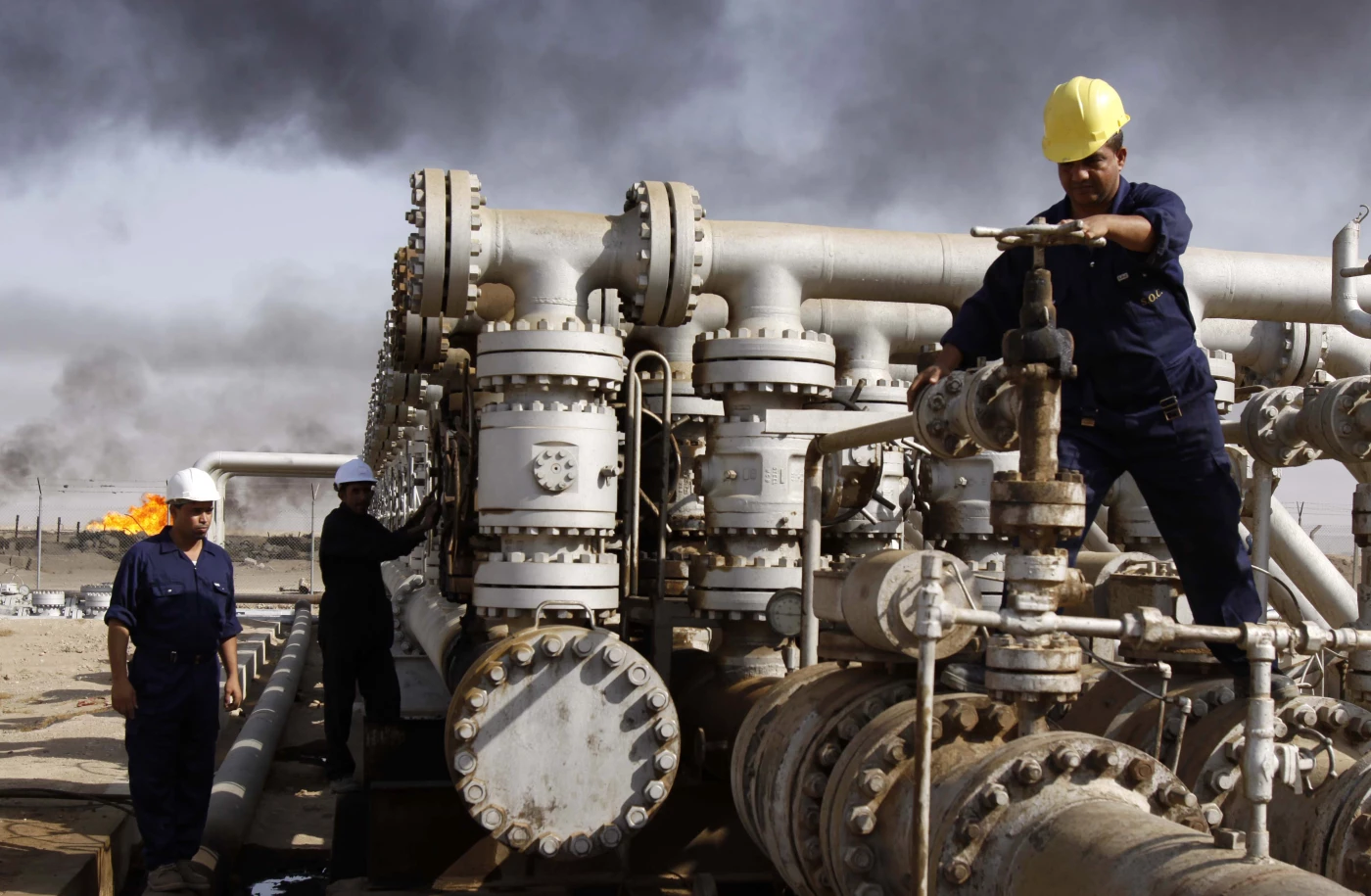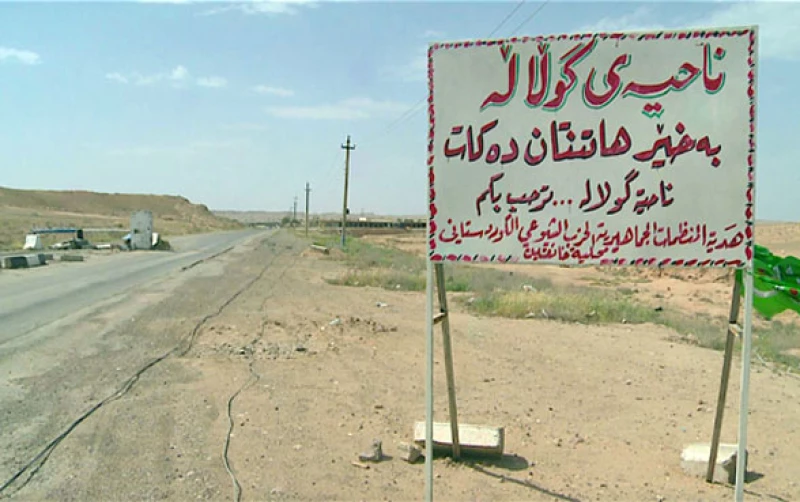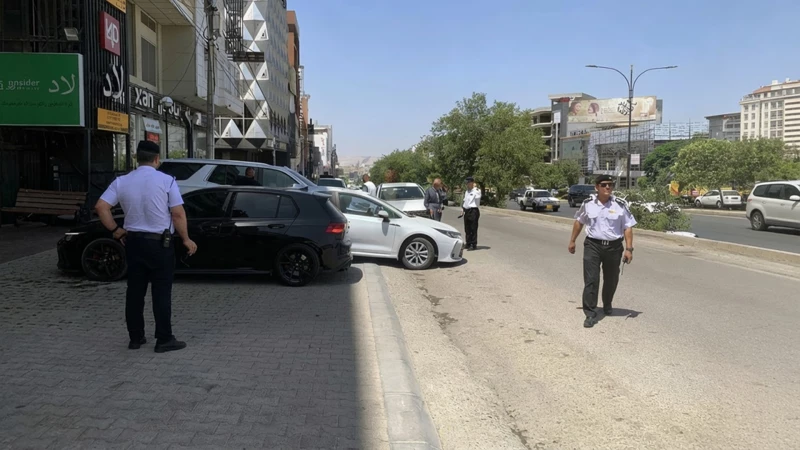ERBIL, Kurdistan Region of Iraq - The first reading for a bill calling for amending an Article in the Iraqi federal budget law, which relates to reimbursing the Kurdistan Region for the cost of producing and transporting oil, is included in the parliament's agenda for Tuesday. If passed, the amendment could pave the way for resuming Kurdish oil exports.
The bill calls for amending section 2C of Article 12 of the Iraqi federal budget, which states that Baghdad will reimburse Erbil for the production and transportation cost of one barrel of oil at the average cost of production and transportation of the federal oil ministry – which is valued at $6.
International oil companies (IOCs) working in the Kurdistan Region have repeatedly stated that the value set out in the budget is way lower than their expenses, halting production and effectively disabling the resumption of Kurdish oil exports until their demands are met.
Kamal Mohammed, the Kurdistan Regional Government’s (KRG) acting natural resources minister, said last week that Erbil and Baghdad have reached an agreement to set the average production cost of a barrel of oil in the Kurdistan Region at nearly $20.6, which needs to be passed in the parliament before the exports can resume. The Association of the Petroleum Industry of Kurdistan (APIKUR) said the proposed amendments satisfy their demands.
The amendments include, first: Reimbursing the Kurdistan Region for the cost of production and transportation of oil which is handed over to Iraq’s State Organization for Marketing of Oil (SOMO) to be exported through the Ceyhan port.
Second: Calculating the estimated fair cost of production and transportation of each oil field separately by an independent international technical consulting firm. Third: Once the firm assesses the expected cost and it is presented to relevant ministries from both governments, the federal government must retroactively reimburse the KRG accordingly for each barrel of oil previously handed over.
Fourth: Once this bill is passed, the Kurdistan Region’s oil must immediately be handed over to SOMO or the federal oil ministry, for which Baghdad will pay Erbil a $16 downpayment, with the full reimbursement to be completed once the consulting firm finalizes its assessment.
Exports of the Kurdistan Region’s oil through the Turkish Ceyhan pipeline were halted in March 2023 after Ankara lost a case against Baghdad in a Paris-based arbitration court. The case accused Ankara of breaching a 1973 agreement by allowing the KRG to start selling oil independent of Baghdad.
Kurdistan Region Prime Minister Masrour Barzani and Iraqi Prime Minister Mohammed Shia’ al-Sudani reached an agreement in April 2023 to resume the exports, but the process has been hampered since, initially due to Ankara stating that the pipeline was in need of repairs after a devastating earthquake months earlier, and later due to the inability of both governments to reach an agreement with the IOCs.
The KRG natural resources minister said that the halt in oil exports have cost Iraq and the Kurdistan Region around $20 billion.



 Facebook
Facebook
 LinkedIn
LinkedIn
 Telegram
Telegram
 X
X


